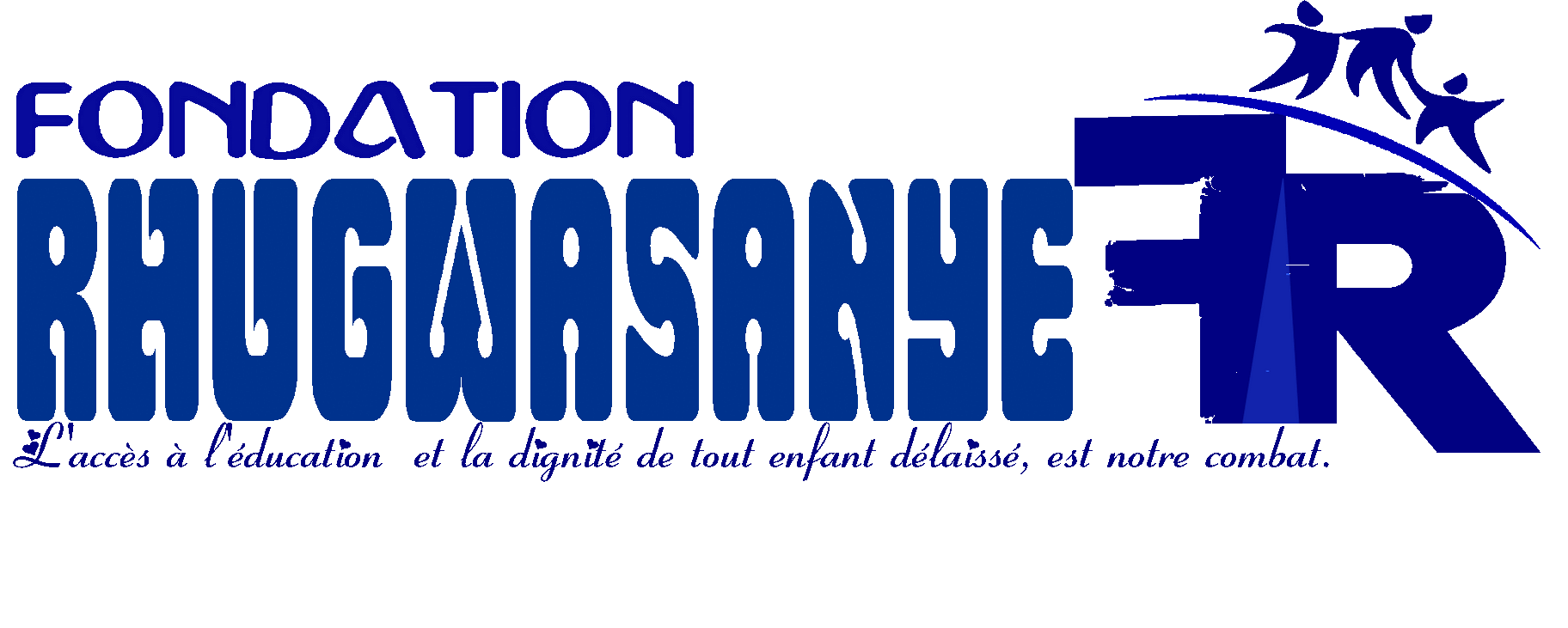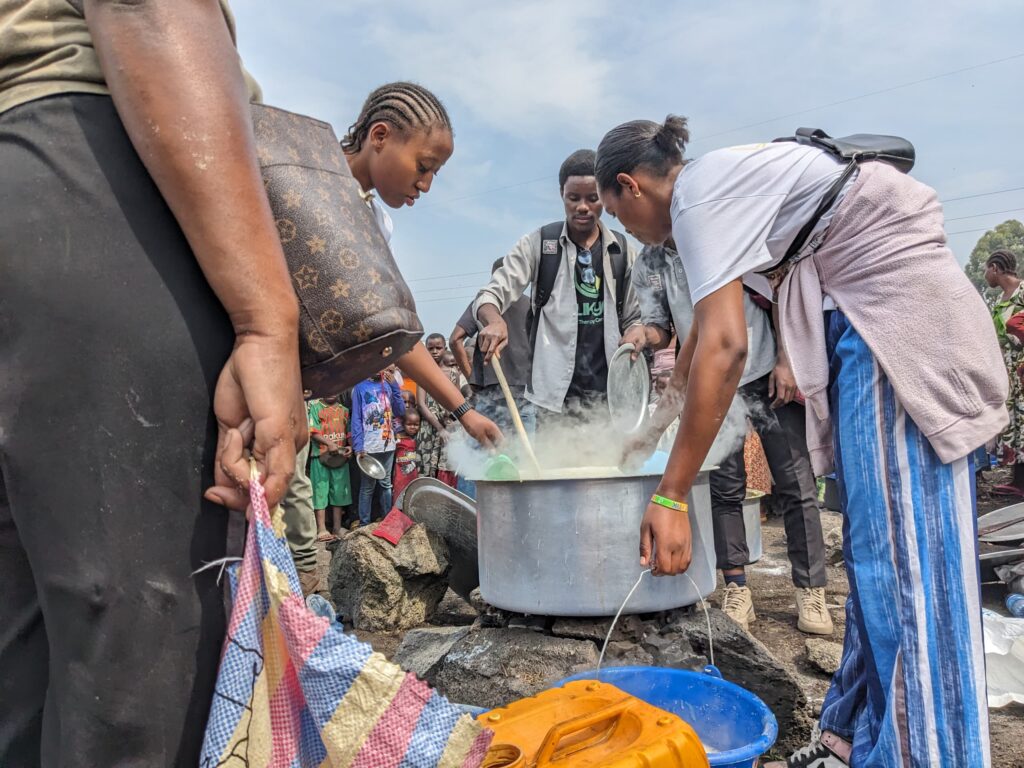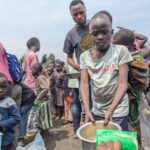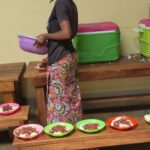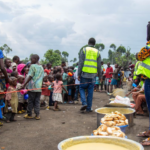Due to the lack of parents and assistance, most of the children affected by the war do not have enough to eat. The children housed and cared for by our foundation receive three meals a day to help them grow up healthy.
In the refugee camps, the children are often malnourished, a situation that puts their health at risk. There is a lack of drinking water and complete food for all the children.
Every week, thanks to the support of our volunteers, most of the children living in the refugee camps receive nutritional support once a day.
This nutritional support is often a porridge made from corn flour, soya, and sugar, to help them avoid malnutrition.
Fighting child malnutrition
Malnutrition is when a child doesn’t get enough to eat, or doesn’t eat properly (e.g., doesn’t consume enough vitamins). The main causes of malnutrition are poverty, lack of access to drinking water, sanitation, medical care, education, and food.
In Eastern DRCongo, children living in poverty and those affected by war don’t eat enough, always eat the same thing, or eat poor-quality food.
This means they have trouble growing (stunted growth), they tire more quickly, and their bodies can’t fight off disease properly.
On the other hand, a child who is severely malnourished during the first 2 years of life will suffer the consequences throughout his or her life (on his or her brain, height, intellectual and physical capacities).
What we do to fight malnutrition
To identify and care for a child in a state of malnutrition, we weigh and measure them, and look at their growth curve about their age. You can also measure the child’s arm with a special bracelet (called a “brachial perimeter”). If your child’s arm is too thin, it means he’s underweight. He can be given a peanut-based food called “Plumpy’nut”. With this food,
children quickly regain their strength.
We set up drinking water points in refugee camps, advise families on how to feed their children properly and encourage mothers to breastfeed their newborns exclusively for the first 6 months if the child still has parents.
We train the volunteers who look after the children to detect the first signs of the disease and have access to the nearest health centers.
Every week, thanks to the support of our volunteers, most children living in refugee camps receive nutritional support once a day.
In addition to this daily food assistance, we have taken in 51 orphans in our orphanage who benefit from direct supervision and receive three meals a day to help them grow up healthy.
